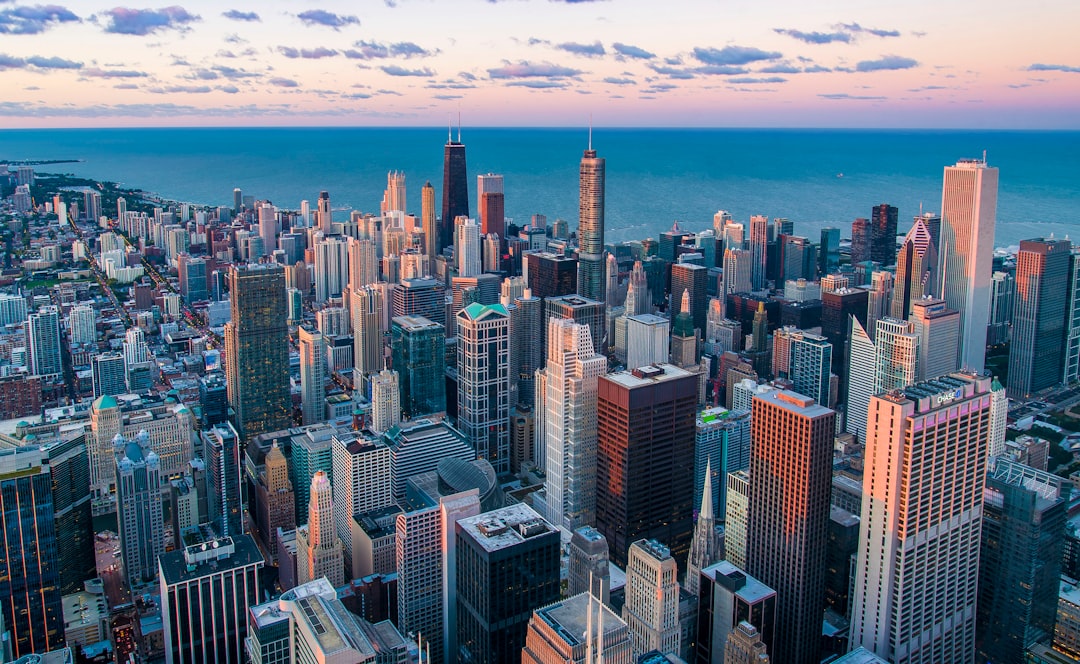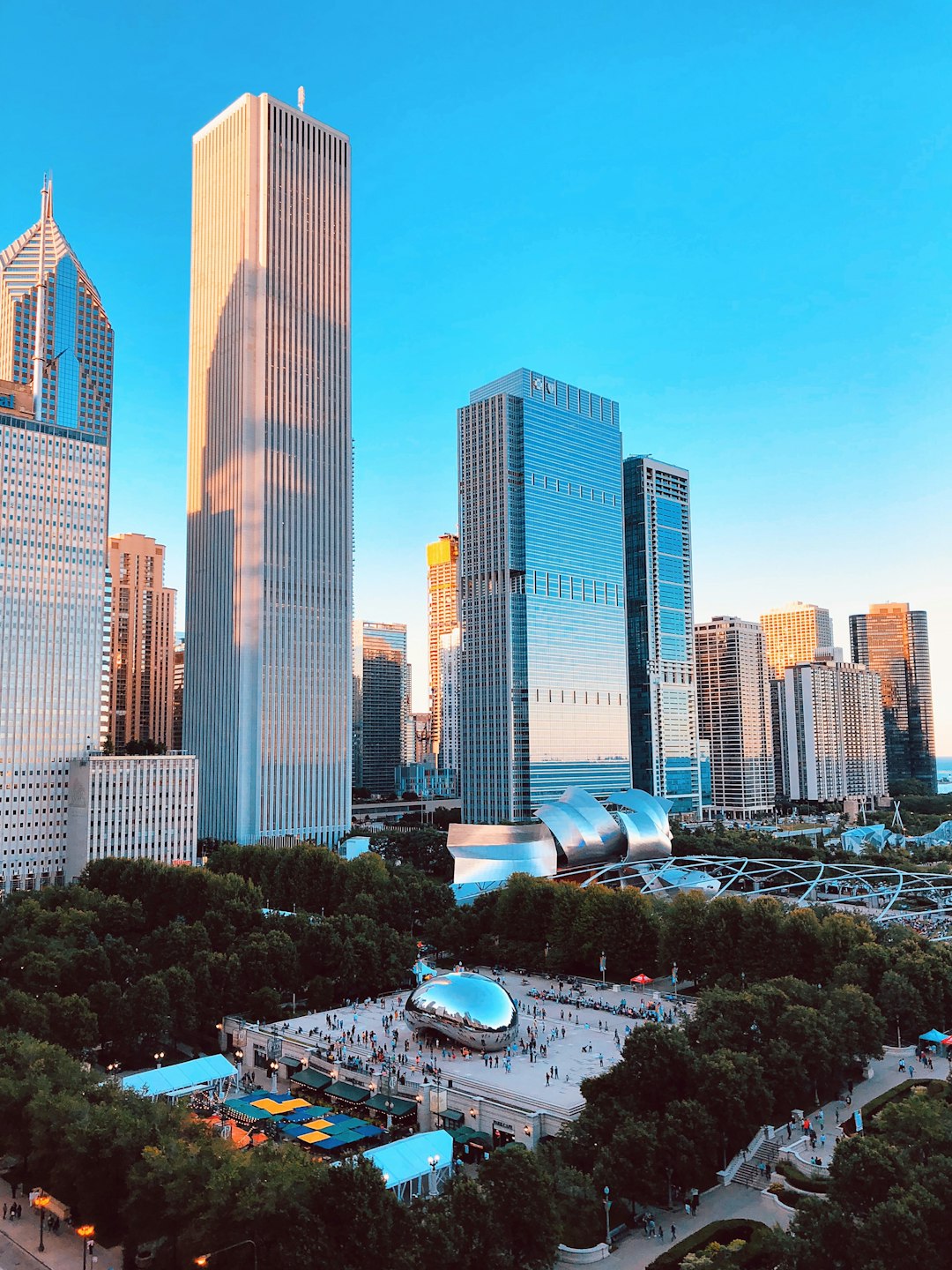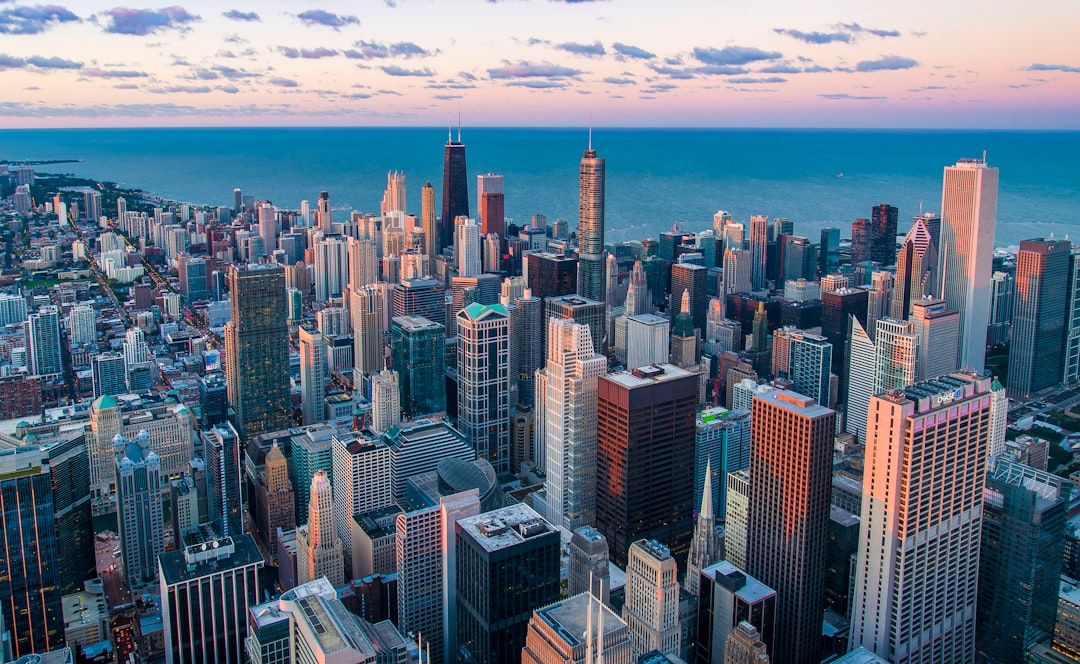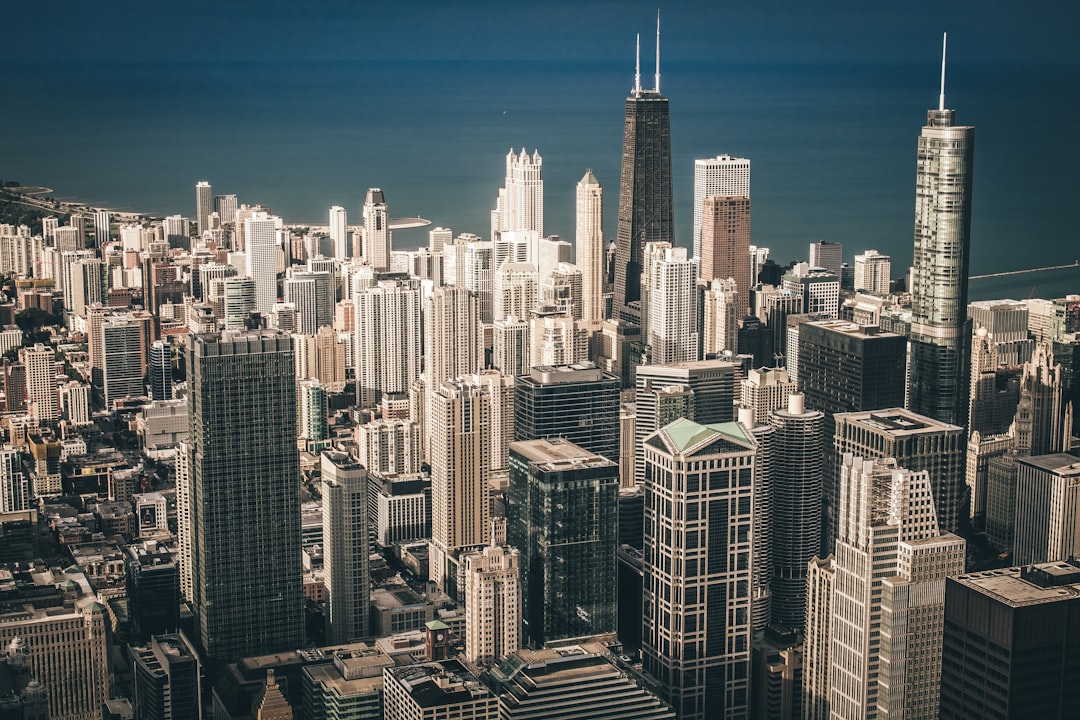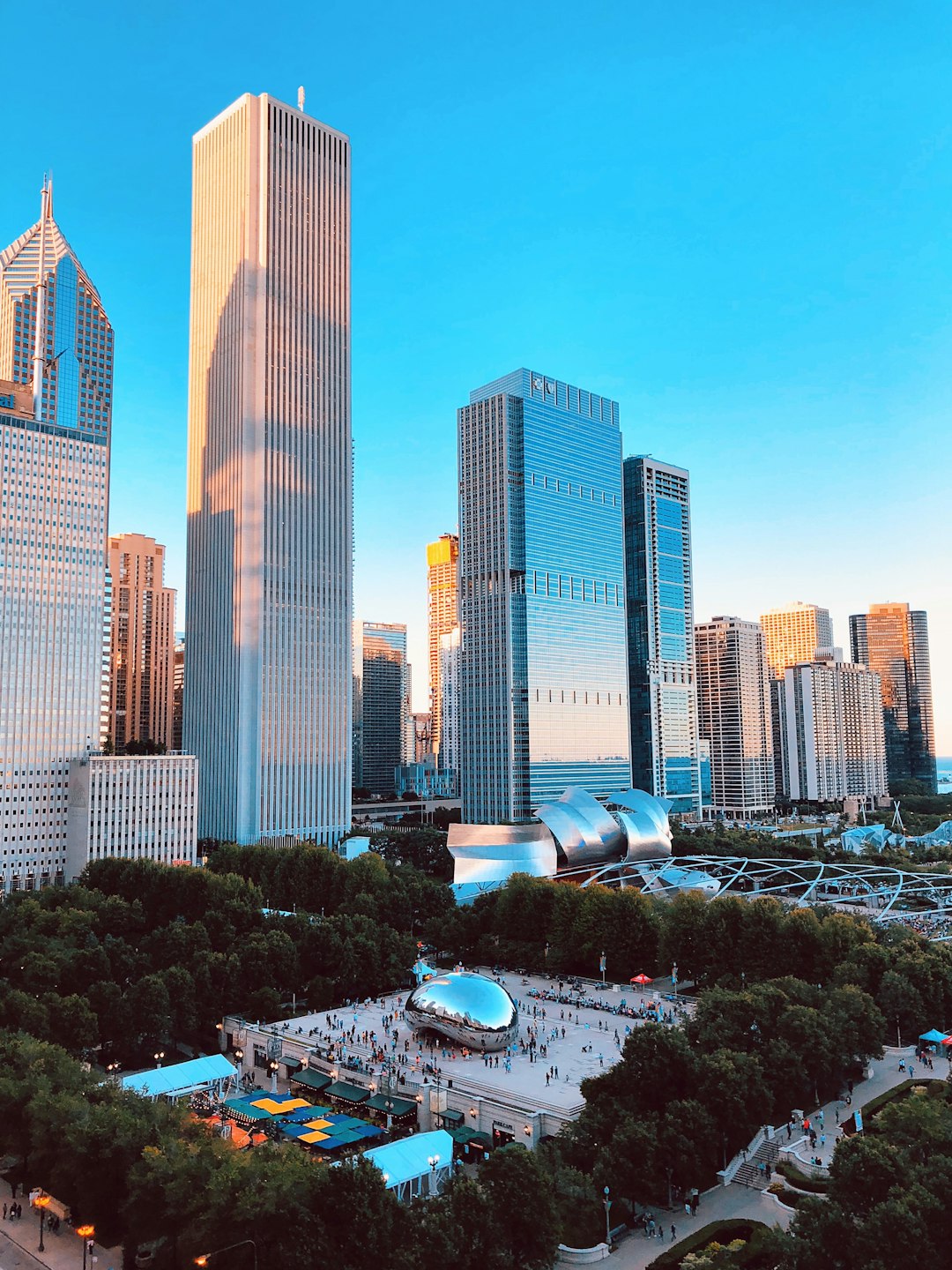Spam calls from law firms in Chicago are a growing concern, with automated systems targeting residents and businesses. The city's stringent anti-spam laws offer protection, allowing citizens to file complaints and combat unwanted calls using advanced call filtering tech powered by machine learning. These innovative solutions, combined with legal recourse, help Chicagoans reclaim control over their communication, block spam, and ensure online safety.
In the digital age, spam calls have become a pervasive nuisance, impacting millions worldwide, including residents of Chicago. This article explores the multifaceted approach to combating this growing issue, delving into the legal frameworks that govern anti-spam measures in Illinois and the critical role technology plays. From machine learning algorithms to innovative call filtering systems, we uncover how these tools empower Chicago’s legal community to protect consumers and mitigate spam calls effectively. Stay informed about your rights and explore the resources available to combat this persistent digital challenge.
Understanding Spam Calls: A Chicago Perspective

Spam calls, particularly those from law firms, have become a pervasive issue in Chicago, affecting countless residents and businesses daily. These unsolicited phone communications are not only annoying but can also be deceptive and harmful, leading to significant consumer frustration and potential legal repercussions for violators under the strict spam call law firms Chicago regulations.
Chicago, being a bustling metropolis, has implemented robust measures to combat this growing problem. The city’s robust communication infrastructure makes it an attractive target for spammer activities, as they exploit the high volume of calls easily accessible through automated systems. Understanding the nature of these spam calls is crucial in developing effective countermeasures. Residents often receive fake legal threats or misleading offers, requiring a vigilant and coordinated effort from both authorities and citizens to identify and stop such activities.
Legal Frameworks: Anti-Spam Laws in Illinois

In Chicago, combating spam calls is not just a consumer protection issue; it’s also governed by robust legal frameworks designed to safeguard residents from unwanted and fraudulent communication. Illinois has established stringent anti-spam laws that target telemarketers and call centers engaging in abusive practices. These laws are enforced by the Attorney General’s Office, which actively prosecutes violations of the Consumer Fraud and Deceptive Business Practices Act. This legislation prohibits companies from making misrepresentative or deceptive calls, including those characterized as spam.
Chicagoans can find recourse against persistent spam callers through these legal avenues. If a resident feels they’ve been targeted by illegal spam call law firms in Chicago, they are encouraged to file a complaint with the Attorney General’s Office. This proactive approach not only helps protect individuals but also sends a strong message to businesses engaging in such practices, deterring them from targeting Illinois residents.
Technology Solutions for Call Filtering

In the ongoing battle against spam calls, technology plays a pivotal role in empowering Chicago residents and local law firms to reclaim their communication channels. Advanced call filtering solutions have emerged as a powerful tool in this fight, offering a sophisticated approach to identifying and blocking unwanted calls. These technologies utilize machine learning algorithms that continuously learn and adapt to recognize patterns characteristic of spam calls, ensuring a more effective and efficient screening process.
By implementing these tech-driven solutions, law firms in Chicago can significantly reduce the volume of spam calls they receive, thereby creating a safer and more secure environment for their clients. Automated systems can analyze incoming calls, compare them against databases of known spammer numbers, and instantly filter out suspicious or malicious attempts, allowing legitimate calls to pass through unharmed. This not only saves time and resources but also enhances the overall user experience by fostering an environment free from intrusive and unwanted communication.
Machine Learning and Spam Detection

Machine Learning (ML) has emerged as a powerful tool in combating spam calls, particularly for spam call law firms in Chicago aiming to stay ahead of regulatory changes. ML algorithms can analyze vast amounts of data to identify patterns and characteristics unique to spam calls, enabling more accurate detection. By learning from previous interactions and user feedback, these systems adapt over time, becoming increasingly efficient at filtering out unwanted callers.
This technology goes beyond basic rules-based filters by understanding the nuances of voice interactions, including tone, language, and timing. As spam call laws in Chicago continue to evolve, ML ensures that law firms can proactively protect their clients, reducing the impact of these nuisance calls and providing a more secure communication environment.
Consumer Protection: Empowering Chicago Residents

In Chicago, as across the nation, consumer protection against spam calls is a significant concern. The city’s residents are often targeted by unsolicited phone calls from law firms, which can be frustrating and intrusive. However, technology plays a pivotal role in empowering Chicagoans to fight back. Advanced call blocking apps and AI-driven filtering systems are becoming increasingly sophisticated, detecting and blocking spam calls at the source. These tools not only save time but also provide a layer of protection against potential scams or misleading information.
Chicago’s strict spam call laws offer residents legal recourse against persistent infringements. By utilizing technology to identify and block these calls, consumers can take proactive measures to enforce their rights. This digital arsenal empowers Chicagoans to reclaim control over their communication channels, ensuring peace of mind and a safer online environment.
